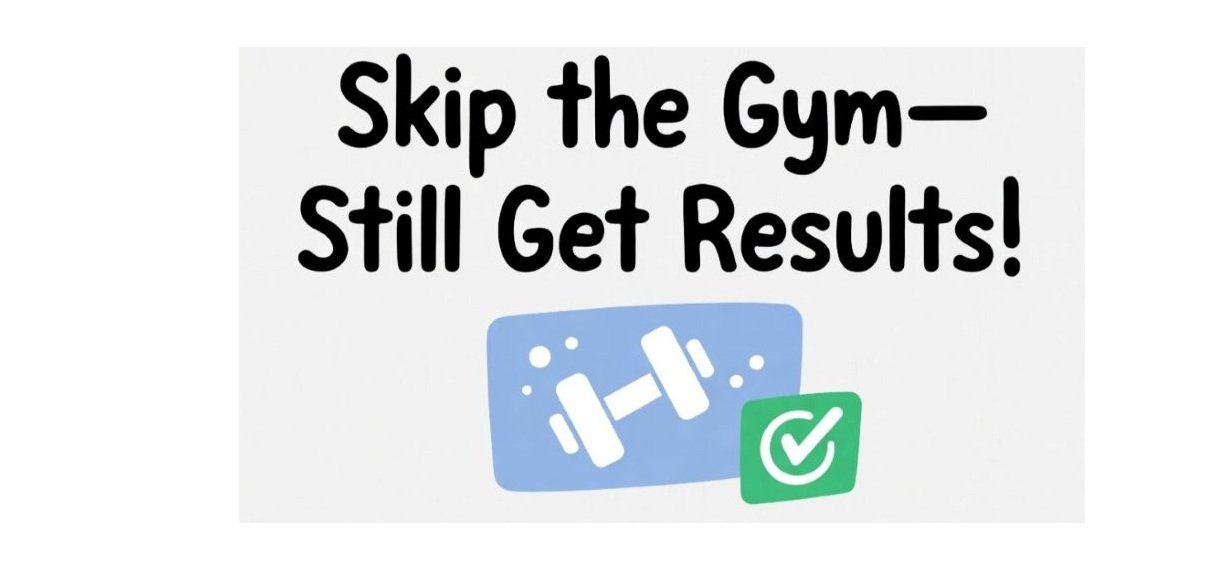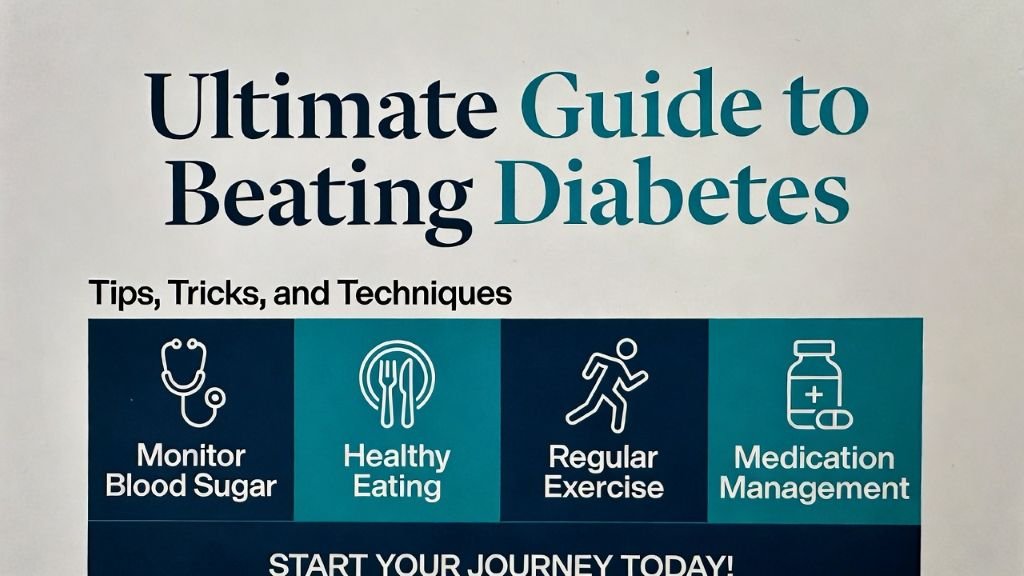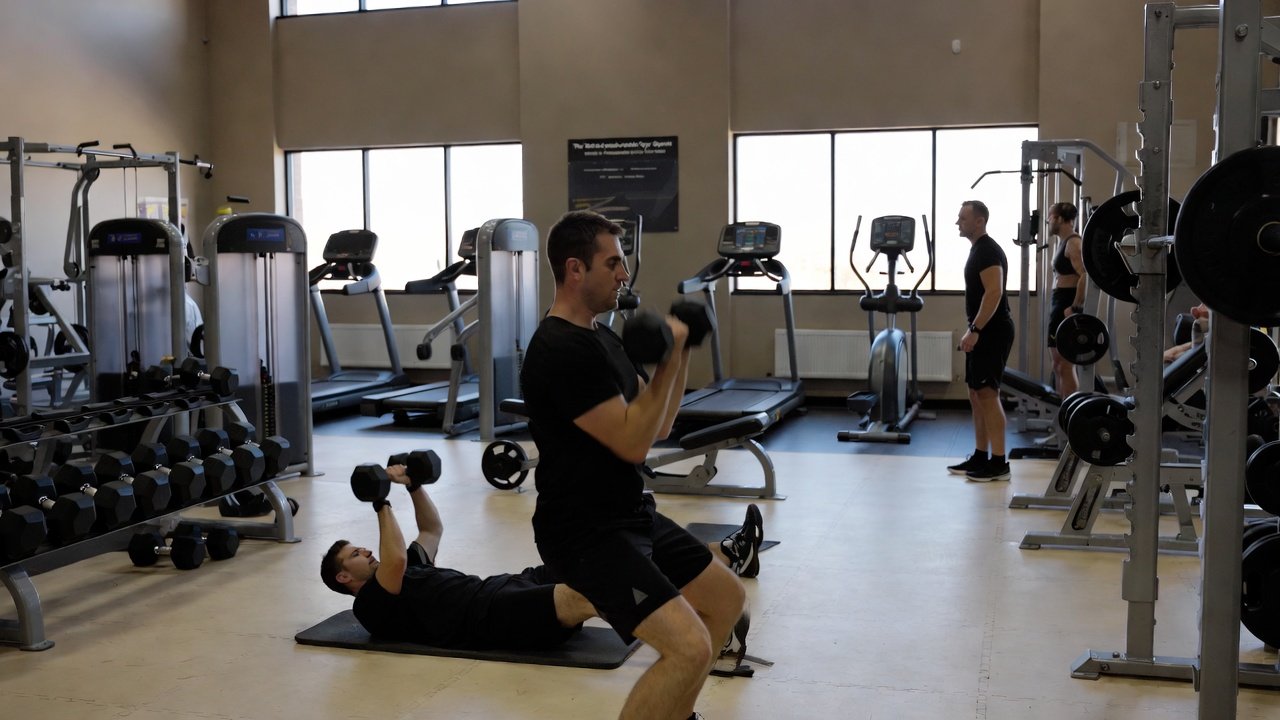HeaIlthcare practitioners, are there for people are what can be some of the hardest times of their lives, when they may be worried, scared, and anxious about, not only the procedures you are carrying out on them at the moment but also what the future may hold for them, So, it goes without saying that you need to give them as much care as possible during this time. Here are a few things that will help with that.
1. Active Listening: More Than Just Nodding
We all know you’re busy thinking about the next patient, the next procedure, or whether you left your coffee in the staff room. However, taking the time to listen to your patients can make all the difference. Active listening involves more than just nodding; it’s about engaging, asking thoughtful questions, and repeating back what you hear. It shows you care, and let’s be honest, everyone likes to feel like the star of the show, even in a hospital gown.
2. Embrace Online Training: Learn on the Go!
Gone are the days of sitting in a dusty classroom, watching PowerPoint presentations which are as exciting as watching paint dry. Welcome to the era of online training! These company healthcare training programs are like having a conference in your pocket, ready to teach you new tricks anytime, anywhere. Whether it’s brushing up on the latest in-patient care or mastering a new medical gadget, online training can keep you updated without you having to live on stale conference room cookies.

3. Follow-Up: Not Just for Salespeople
Following up might sound like something a car salesman would be keen on, but it’s just as crucial in healthcare. A quick call or an email to check on your patients after they’ve gone home can make them feel valued and cared for. Plus, it’s a great way to catch any issues before they require a return visit. Think of it as customer service with a medical degree.
4. Make Technology Your Bestie
From electronic health records that remember your patient’s allergies better than they do, to apps that track patient progress in real-time, technology can be your sidekick in providing top-notch care. It’s like having a supercomputer in your scrubs – minus the uncomfortable bulk.
5. Empathy: The Secret Ingredient
A spoonful of empathy helps the medicine go down, right? Showing empathy isn’t just about being nice; it’s about truly understanding and reflecting your patient’s feelings. It can help relieve anxiety and build trust, making your job a tad easier. Plus, it’s free, and who doesn’t like something free?
6. Keep It Simple, Sweetheart
Medical jargon might make you sound smart, but it can make your patients feel confused and even more scared than when they heard the nurse say, “This won’t hurt a bit.” Keep your explanations simple and your medical speak to a minimum. Remember, clarity is king, or in this case, queen.
7. Smile Like You Mean It
Never underestimate the power of a smile. Even if it’s been a long day, and your coffee count is way beyond healthy levels, a genuine smile can brighten your patient’s day. It’s contagious, in a good way—not like that virus going around.
Caring is so important for the health outcomes of patients, which is why it should be at the heart of healthcare (I mean it’s literally in the name) right?
Images by Pexels – CCO Licence
Please review our business on Google Yelp Facebook
Please visit our Member’s Area to access our subscribed content to learn more.
Did you know you can work out and exercise with a trainer at your home, office, hotel room, or anywhere in the world with online personal training?
Like us on Facebook/Connect with us on LinkedIn/Follow us on X
Make sure to forward this to friends and followers!






